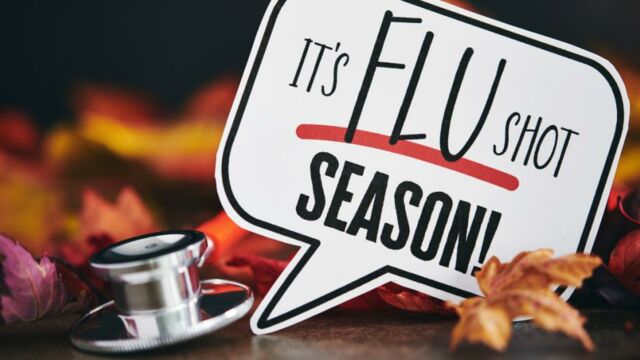To be deliberately infected with the flu, in the name of scientific research! This is what is being proposed by researchers at the U.S. National Institute of Allergy and Infectious Diseases, a branch of the U.S. Institutes of Health (NIH). They plan to administer the virus to 80 healthy people between the ages of 18 and 50. Volunteers will have to let themselves be studied by scientists... and will receive over £2500!
Discover our latest podcast
Symptoms under the microscope
The participants will inhale a nasal spray containing a seasonal strain of influenza A, the H1N1 virus. They will then spend seven days in a hospital until they are no longer contagious. The device 'reliably produces mild to moderate flu symptoms,' the researchers said. In previous research, 400 people had been administered, with no complications observed. The first doses were already been injected into five individuals at the end of October.
Before, during and after the contamination, nasal and throat swabs and blood samples will be collected. For two weeks after the trial, participants will also be asked to report their various symptoms (fever, muscle aches, etc.). In total, they will continue to be monitored for 90 days after infection at follow-up visits. This data will be examined to study the different responses of their immune systems.
Combating seasonal spikes
Indeed, this research should enable scientists to assess the impact of anti-influenza antibodies already present in the body on the duration and severity of the symptoms of this acute respiratory disease. 'These trials are a powerful tool to study many aspects of influenza progression and can also help to effectively evaluate new treatments and candidate vaccines,' said Dr Anthony Fauci, Director of the Institute leading the project, in a statement. The results should be available as early as May 2020.
Every year in the UK, influenza affects 2 to 6 million people. Its different strains are fatal for an average of 10,000 individuals. But if you want to protect yourself from the seasonal spike, the best way is to get vaccinated... now! Indeed, it would seem that the beginning of November is the ideal time to receive the injection. For good reason, several studies - including one published last year - have shown that the effectiveness of the vaccine decreases over time.















